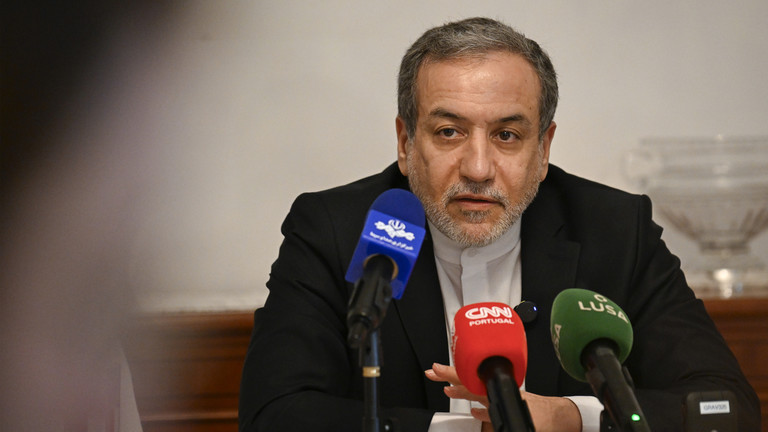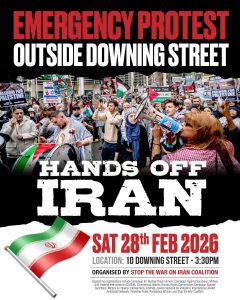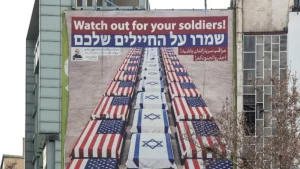Iranian Foreign Minister Abbas Araghchi says the United States must compensate Tehran for losses incurred during the 12-day US-Israeli aggression on the Islamic Republic before resumption of nuclear talks.
Speaking in an interview with the Financial Times in Tehran published on Thursday, Araghchi said Iran would not agree to “business as usual” in the wake of Israel’s acts of aggression last month, which the US later joined despite having been in talks with Iran.
“They should explain why they attacked us in the middle of . . . negotiations, and they have to ensure that they are not going to repeat that [during future talks],” he added.
“And they have to compensate [Iran for] the damage that they have done.”
On June 13, Israel launched an unprovoked war against Iran, assassinating many high-ranking military commanders, nuclear scientists, and ordinary civilians.
More than a week later, the United States also entered the war by bombing three Iranian nuclear sites in a grave violation of the United Nations Charter, international law, and the Nuclear Non-Proliferation Treaty (NPT).
In response, the Iranian Armed Forces targeted strategic sites across the occupied territories as well as the al-Udeid air base in Qatar, the largest American military base in West Asia.
On June 24, Iran, through its successful retaliatory operations against both the Israeli regime and the US, managed to impose a halt to the illegal assault as Tel Aviv, overwhelmed by the counterstrikes, was compelled to seek a ceasefire.
Road to talks narrow but not blocked
Araghchi further pointed to his exchange of messages with US envoy Steve Witkoff during and since the war, saying that he had stressed the need to find a “win-win solution” to resolve the years-long stand-off over the country’s nuclear program.
“The road to negotiation is narrow but it’s not impossible. I need to convince my hierarchy that if we go for negotiation, the other side is coming with real determination for a win-win deal,” the top Iranian diplomat added.
Araghchi explained that Witkoff has tried to convince him and has proposed resuming talks, but emphasized, “We need real confidence-building measures from their side.”
The veteran Iranian diplomat, without giving details, added that any resumption of talks should include financial compensation and assurances that no more attacks would take place against Tehran during negotiations.
The top Iranian diplomat noted that the war had only deepened distrust of US President Donald Trump, who during his first term abandoned a 2015 deal, formally known as the Joint Comprehensive Plan of Action (JCPOA).
“Anti-negotiation feelings are very high,” Araghchi said.
“People are telling me, ‘Don’t waste your time anymore, don’t be cheated by them . . . if they come to negotiations it’s only a cover-up for their other intentions.’”
Iran and the United States had held five rounds of indirect talks on Tehran’s peaceful nuclear program before the beginning of Israel’s acts of aggression.
Mediated by Oman, the 6th round of talks was planned to be held in the Omani capital of Muscat on June 15, but was called off due to the anti-Iran attacks.
On June 22, the United States officially joined the war against Iran by launching attacks on three nuclear facilities in the country in violation of the United Nations Charter and the Non-Proliferation Treaty.
No deal with US if Trump insists on zero enrichment
Araghchi once again reiterated Iran’s resolve to continue its enrichment activities, saying there could be no deal as long as Trump demanded that Iran agree to zero enrichment.
He, however, added that Washington should address its concerns through negotiations.
“We can negotiate, they can present their argument and we will present our own argument,” the Iranian minister said. “But with zero enrichment, we don’t have a thing.”
Iran will end talks with E3 if snapback mechanism invoked
Araghchi also hit out at the European troika – Britain, France and Germany- who have warned they would trigger a so-called snapback mechanism to reinstate UN sanctions at the end of August if Tehran does not resume negotiations with Washington and its cooperation with the International Atomic Energy Agency (IAEA).
He noted that the three European signatories to the JCPOA have failed to fulfill their obligations as per the nuclear deal, emphasizing that Tehran would end talks with the trio if they trigger the snapback mechanism.
“With the Europeans, there is no reason right now to negotiate because they cannot lift sanctions, they cannot do anything,” he said. “If they do snapback, that means that this is the end of the road for them.”


